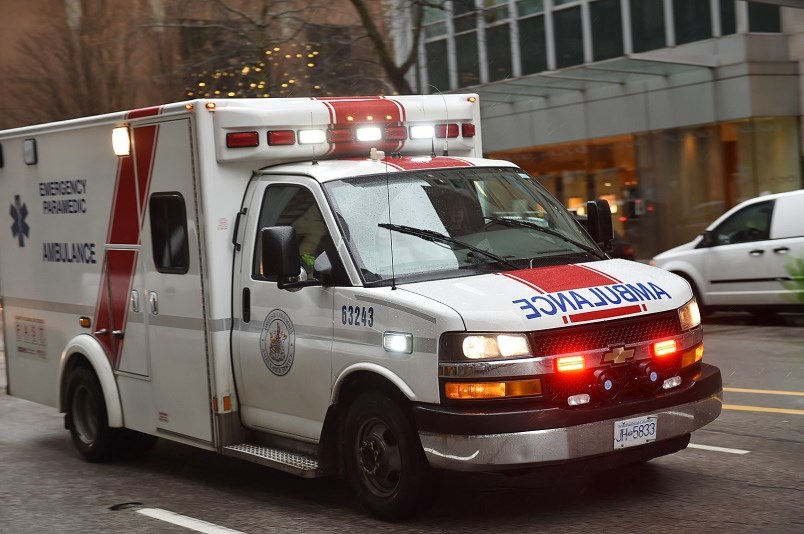Though the 113 deaths this March represent a three per cent decrease over the 117 deaths in March 2019, the sudden spike is confirmation of concerns raised recently by Dr. Patricia Daly, the chief medical health officer for Vancouver Coastal Health.
Daly told Vancouver city council at an April 28 meeting that she feared more drug users were using alone because of public health orders and measures related to the pandemic that may have been misinterpreted by hotel owners and housing providers.
“I think people have overinterpreted the public health order of one-time gatherings of 50 people,” she said, referring to enforcement of no-guest policies at single-room-occupancy hotels.
“Those [orders] are for one-time only mass gatherings. The advice about social distancing is broad advice, but clearly you would not do that if it puts you at greater risk.”
Visits to overdose prevention sites also declined from an average of 6,000 per day to as low as 2,000. That decline began occurring in mid-March when province-wide orders related to physical distancing began.
“I’m concerned that people are now consuming their drugs in much riskier circumstances because of their fear of COVID-19,” she told council, noting the spike in March could also continue into April.
The coroners service data shows the majority of deaths this year occurred in a private residence or some other building, with fewer than 10 per cent occurring outside.
Fentanyl, as it has been for several years, was detected in 70 per cent of the deaths.
The death toll in March represented a 61 per cent increase over February’s total of 70 deaths. The total number of deaths in the province from January to March was 260, with Vancouver (60), Surrey (32) and Victoria (18) hardest hit.
Vancouver Police Department data that Daly showed in her presentation to council indicated a spike of at least 30 deaths in Vancouver in March, with about half occurring in single-room-occupancy hotels and supportive housing.
The coroners service statistics show more deaths occurred during the week where income assistance cheques were distributed. In addition, many vulnerable people have been receiving more money from the provincial and federal governments related to the pandemic.
March is the same month the B.C. government announced it was relaxing rules for drug prescription, or a “safe supply,” during the pandemic, allowing drug users to access pharmaceutical medications more easily, including taking drugs home.
Health care providers are now able to get safe prescription medications such as hydromorphone and dextroamphetamine into hands of drug users who are not in a treatment program, or who regularly visit a doctor.
Pharmacies can have employees deliver medication, extend prescriptions, transfer prescriptions to other pharmacists and allow prescribers such as a doctor to refill a prescription over the phone.
The goal is to keep drug users from overdosing while simultaneously protecting them from getting infected with the virus. Daly said more than 300 people in the Vancouver Coastal Health region have taken advantage of the new rules.
“We’ve got hundreds of people on this option and we think it’s a good model going forward about keeping people safe, not only in the COVID crisis, but to address that dual crisis of opioid overdose deaths, as well,” she said.
@Howellings



